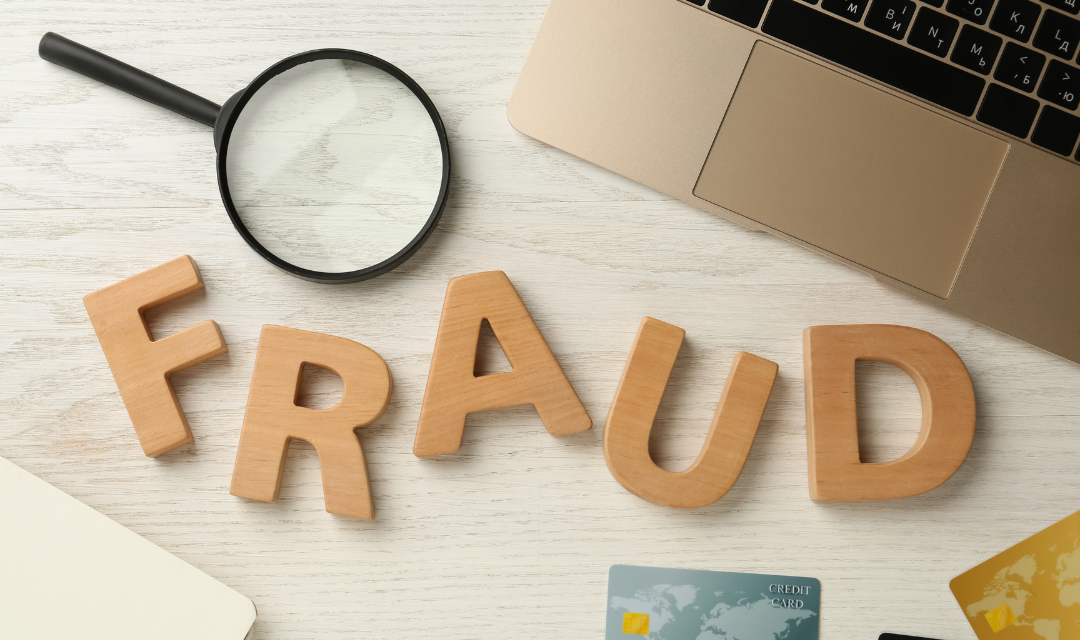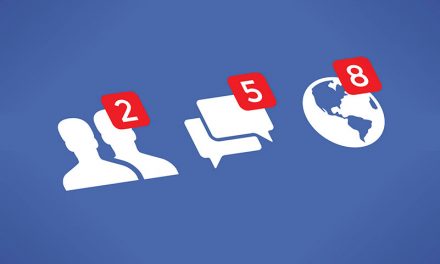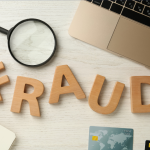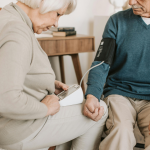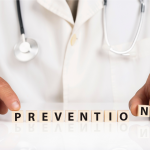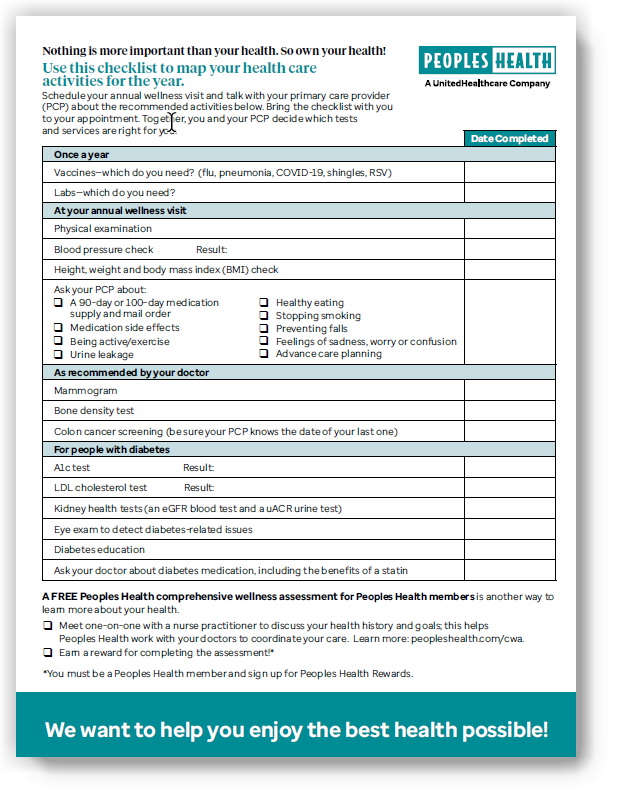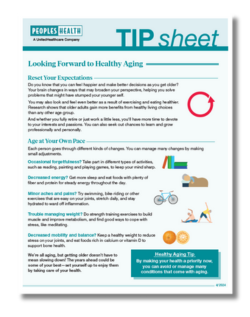Every year, millions of older adults are taken advantage of by criminals with financial, health care, romance and lottery schemes. If something seems too good to be true, it usually is just that—not real. And many schemes target people enrolled in Medicare.
Fraud schemes to be on the lookout for
- Asking for your Medicare or health plan numbers
- Bribing you to see a doctor you don’t know for services you don’t need
- Offering “no cost” or “low-cost” medical items
- Offering cheek swabs for DNA testing
Report suspected fraud
Use the Federal Trade Commission’s online form at reportfraud.ftc.gov.
Call the National Elder Fraud Hotline at 1-833-372-8311.
Don’t fall victim by being too trusting or polite
- Never give out personal information (like your Social Security number) to someone you don’t know.
- Don’t answer unsolicited calls. But if you do, don’t press any key “to be connected with a live agent.” Just hang up.
- Mark unsolicited emails as junk then clear your email junk folder. Don’t click links or unsubscribe, because that might be another way a sly scammer gets your information.

